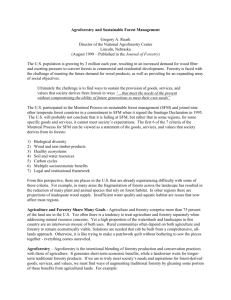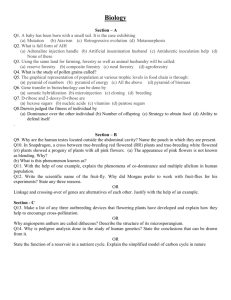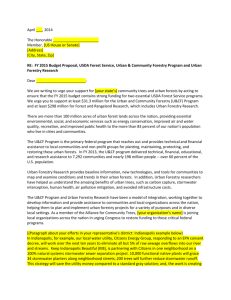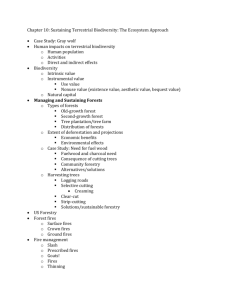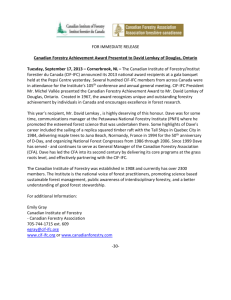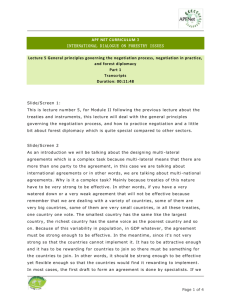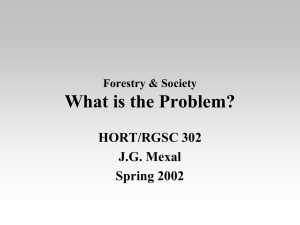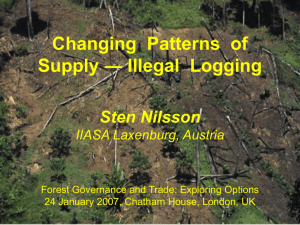lao40095
advertisement
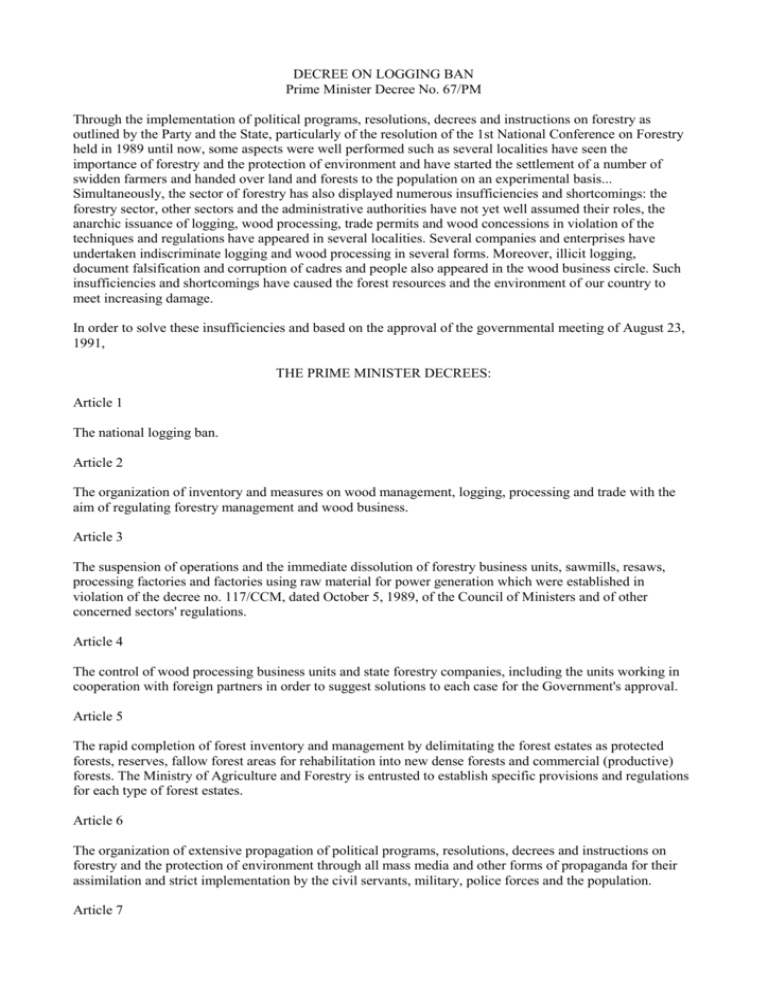
DECREE ON LOGGING BAN Prime Minister Decree No. 67/PM Through the implementation of political programs, resolutions, decrees and instructions on forestry as outlined by the Party and the State, particularly of the resolution of the 1st National Conference on Forestry held in 1989 until now, some aspects were well performed such as several localities have seen the importance of forestry and the protection of environment and have started the settlement of a number of swidden farmers and handed over land and forests to the population on an experimental basis... Simultaneously, the sector of forestry has also displayed numerous insufficiencies and shortcomings: the forestry sector, other sectors and the administrative authorities have not yet well assumed their roles, the anarchic issuance of logging, wood processing, trade permits and wood concessions in violation of the techniques and regulations have appeared in several localities. Several companies and enterprises have undertaken indiscriminate logging and wood processing in several forms. Moreover, illicit logging, document falsification and corruption of cadres and people also appeared in the wood business circle. Such insufficiencies and shortcomings have caused the forest resources and the environment of our country to meet increasing damage. In order to solve these insufficiencies and based on the approval of the governmental meeting of August 23, 1991, THE PRIME MINISTER DECREES: Article 1 The national logging ban. Article 2 The organization of inventory and measures on wood management, logging, processing and trade with the aim of regulating forestry management and wood business. Article 3 The suspension of operations and the immediate dissolution of forestry business units, sawmills, resaws, processing factories and factories using raw material for power generation which were established in violation of the decree no. 117/CCM, dated October 5, 1989, of the Council of Ministers and of other concerned sectors' regulations. Article 4 The control of wood processing business units and state forestry companies, including the units working in cooperation with foreign partners in order to suggest solutions to each case for the Government's approval. Article 5 The rapid completion of forest inventory and management by delimitating the forest estates as protected forests, reserves, fallow forest areas for rehabilitation into new dense forests and commercial (productive) forests. The Ministry of Agriculture and Forestry is entrusted to establish specific provisions and regulations for each type of forest estates. Article 6 The organization of extensive propagation of political programs, resolutions, decrees and instructions on forestry and the protection of environment through all mass media and other forms of propaganda for their assimilation and strict implementation by the civil servants, military, police forces and the population. Article 7 The Ministry of Agriculture and Forestry will conduct the coordination with other concerned sectors in drafting recommendations and in organizing the successful implementation of this Decree through the combination of three methods (education, legislation and economy), enhancing the spirit of mastership and mobilizing extensive popular participation. Article 8 The Ministers, heads of simile organizations, provincial and municipal governors throughout the country must strictly implement this decree in conformity with their respective role. Article 9 This decree is effective and binding from the day it is signed. Vientiane, 26 August 1991 Prime Minister Khamtay Siphandone

